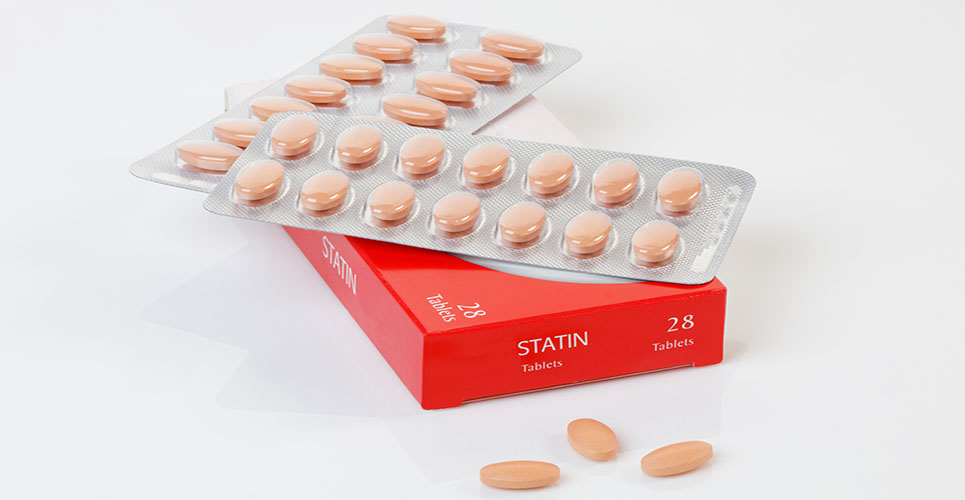teaser
A rare, but dangerous, side-effect of cholesterol-lowering statins may be caused by a common gene mutation, according to scientists.
An estimated 3.4 million people in England alone take statins, resulting in almost 10,000 lives being saved each year.
The drugs, considered highly safe, lower the risk of heart attacks and strokes by reducing levels of harmful cholesterol in the blood.
But statins can sometimes cause myopathy – muscle pain and weakness. On very rare occasions muscle tissue begins to break down leading to a potentially fatal condition called rhabdomyolisis.
Scientists have now found that a variation in the DNA of a particular gene is responsible for 60% of myopathy cases in people taking high doses of statins.
The gene, SLC01B1, regulates the uptake of statins into the liver. When the variant is present, it allows higher levels of the drugs to remain in the blood.
People with one copy of the gene variant had their risk of myopathy increased four fold. Those with two copies were 16 times more likely to suffer the side-effect.
Study leader Professor Rory Collins, a British Heart Foundation scientist at Oxford University, said: “A DNA test based on these findings could guide doctors as to whether a patient at high risk of heart disease will cope with a high dose of a statin, which might be more effective than a standard dose at preventing a heart attack or stroke.”
Copyright PA Business 2008

